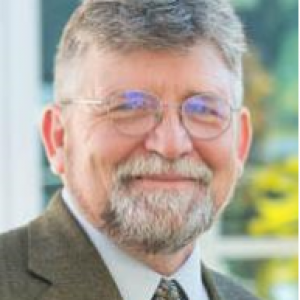WELCOME FROM THE CHAIR
Hello friends, this is my last message to you, as I step down from my position on July 1, after 8 years as Chair, and the 8 years before that as Associate Chair. I look forward to the great things Dr. Debbie Garrity will accomplish as chair going forward.
But for me, I recall what Roy Batty, cyborg, philosopher and (brief) diarist from the movie “Bladerunner” said: “I’ve seen things you people would not believe….”. Well, that is a bit melodramatic (in keeping with a sci-fi-film-noir classic), but you will believe because you have seen it yourselves! As I move on, I carry with me the awe of having seen the achievements of those who live and give in Biology, whether for a relatively short time as undergraduates or dedicated to our well-being for a longer term. I am amazed how we are held together in our passion for seeing and knowing the diversity of all living things. What is it? How does it do that? Where and how did it evolve, what are its closest relatives, and how do its parts make it such a compelling whole?
And even so, it is in THIS time that our biological view has even greater meaning in the world. We find ourselves adjusting nearly every activity in daily life to maintain our health and economy, in the face of the pandemic caused by the newly emerged COVID-19. We are living during the heightened awareness brought by the Black Lives Matter movement, compelling us to face the inequities and injustices more directly and consciously in our society. And we resolve to embrace the diversity of our community to ensure that we include and value ALL who love living things. Together we make greatness as we walk our paths of discovery.
So, alumni and friends, I wish you to know that the work you do and the lives you live are our legacy. I now get to have more time again for why I got into all of this in the first place: teaching and studying the natural world. As chair, it has been my privilege to have been in your presence, and to see how your dedication and hard work makes the world a better place.
For me, Charles Darwin said it best in the last sentence of his Origin of Species. “There is grandeur in this view of life, with its several powers, having been originally breathed by the Creator into a few forms or into one; and that, whilst this planet has gone circling on according to the fixed law of gravity, from so simple a beginning endless forms most beautiful and most wonderful have been, and are being evolved.”
Sincerely,
Mike Antolin,
Chair
FEATURED NEWS
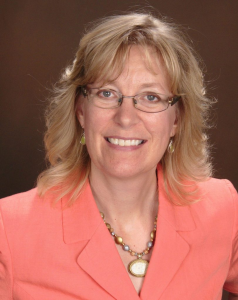
Welcoming Professor Debbie Garrity as new chair
Professor Debbie Garrity, an alumna of biology and biochemistry at Colorado State University, will become chair of the Biology Department in July. Garrity will be taking over leadership of the department during the COVID-19 pandemic, however, her vision for biology at CSU remains the same.
“Faculty are now developing online or hybrid courses, and we remain committed to bringing a first-class education to our students,” Garrity said. “We are adapting our fall course design to foster meaningful connections with and among our students, and to provide a clear, easily -accessed course structure. Our laboratory and field-based research is limited at present, but our scientific community is busy writing and reading at home, holding lab meetings online, and interacting with colleagues all over the world. Together, we continue”.
Welcoming Garrity as department chair will mean saying goodbye and thank you to the current chair, Mike Antolin. Antolin began his service as the chair of the Biology Department in 2012. Antolin has long been an advocate for the Biology Department, and his legacy was epitomized by his leadership during development of the new Biology Building, from initial program design in 2014 to completion in 2017.
DEPARTMENT HIGHLIGHTS
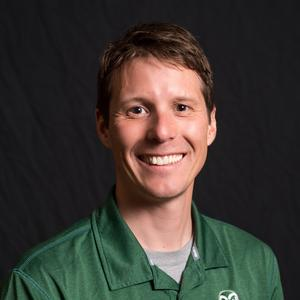
Ross Madden Award
Ross Madden, College of Natural Sciences IT Coordinator received the Dean’s Recognition Award at the 2019 CNS Teaching & Mentoring Awards Ceremony.
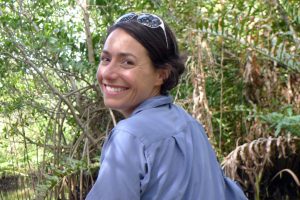
Biology post-doctoral researcher uses genomic data to improve conservation of endangered species
Brenna Forester was awarded the David H. Smith Conservation Research Fellowship, which she will use to investigate how best to integrate large-scale genomic data into U.S. Endangered Species Act (ESA) listing decisions. The ESA is designed to protect and recover species at risk of extinction. Once on the list, species are protected from being traded, sold, harassed, hunted, and collected, as well as from interference in breeding and behavioral activities and degradation of their habitat.
Genomic data are particularly useful in identifying populations needing protection. “These data tell us all of the same things as smaller-scale genetic data sets: demographic history, population structure, gene flow, but with more resolution,” said Forester. What differentiates large-scale genomic data, however, and what can make them so valuable for conservation is that “we can start to look at things like local adaptation.”
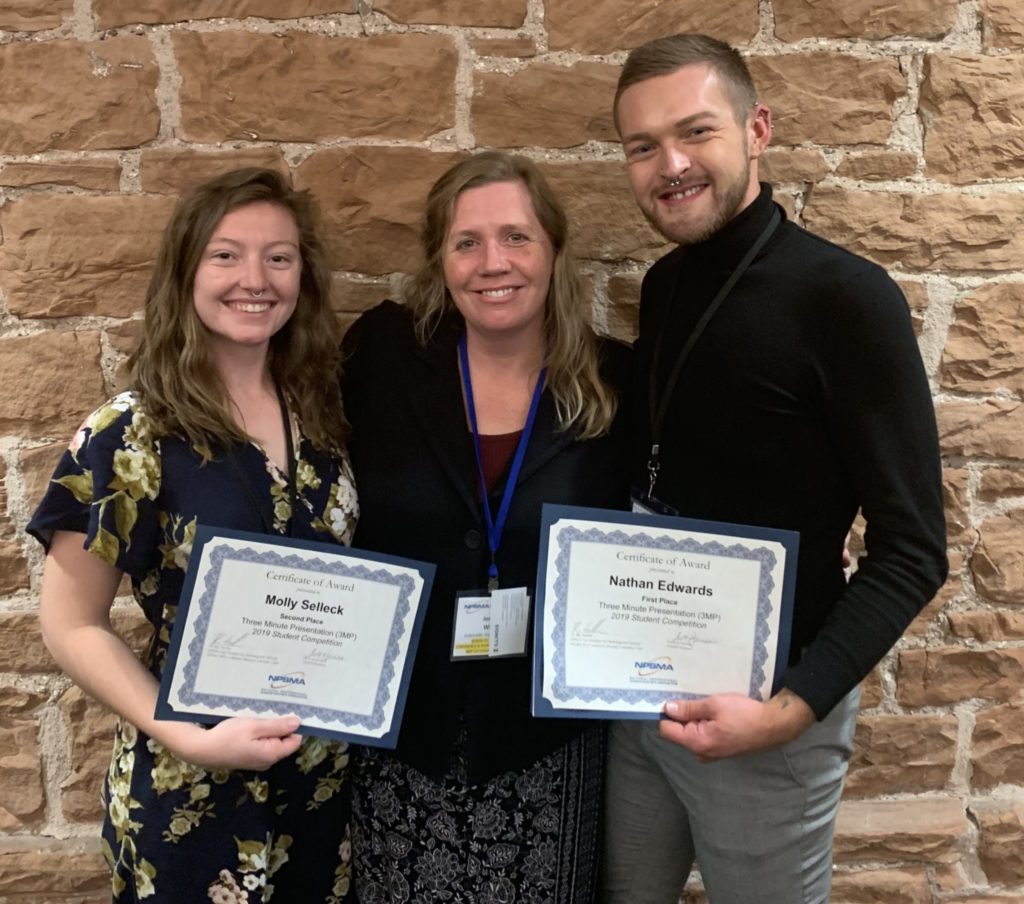
PSM students win first and second place at national 3MP competition
Placing first and second in the 3MP competition at the 2019 National Professional Science Master’s Association’s (NPSMA) conference, PSM students Nathan Edwards and Molly Selleck demonstrated their ability to interpret their research to a general public audience in just 3 minutes.
Edwards’s research focused on evaluating food waste at Busch Gardens, in Tampa, Florida, and finding methods of reducing food waste within the aviaries. Selleck presented her research evaluating ZooMonitor, new technology in animal welfare evaluation used at the Downtown Aquarium in Denver.
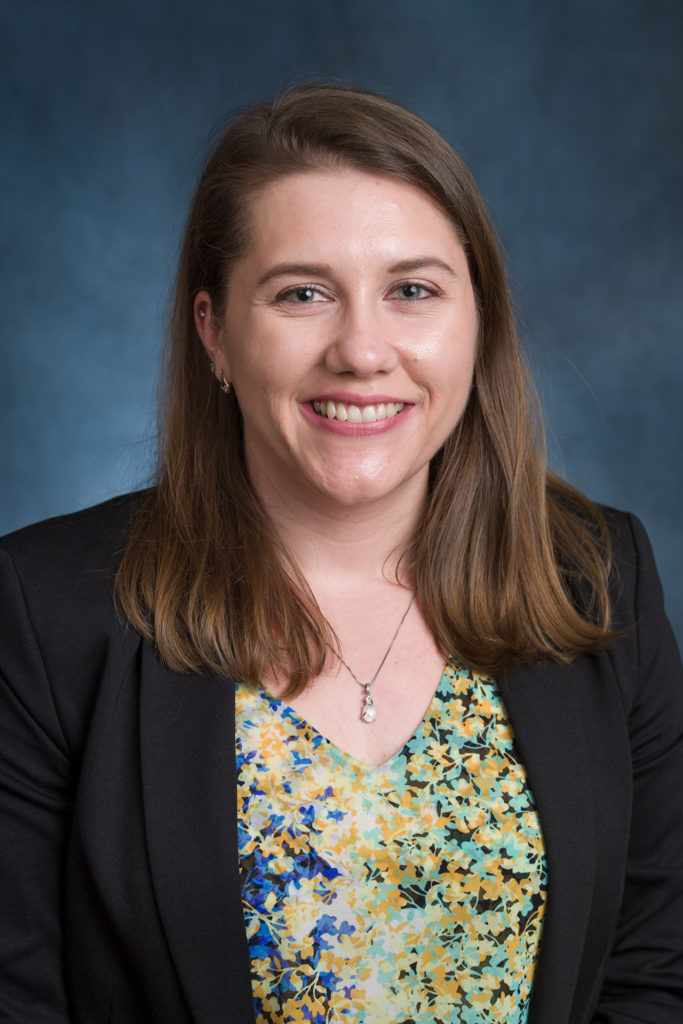
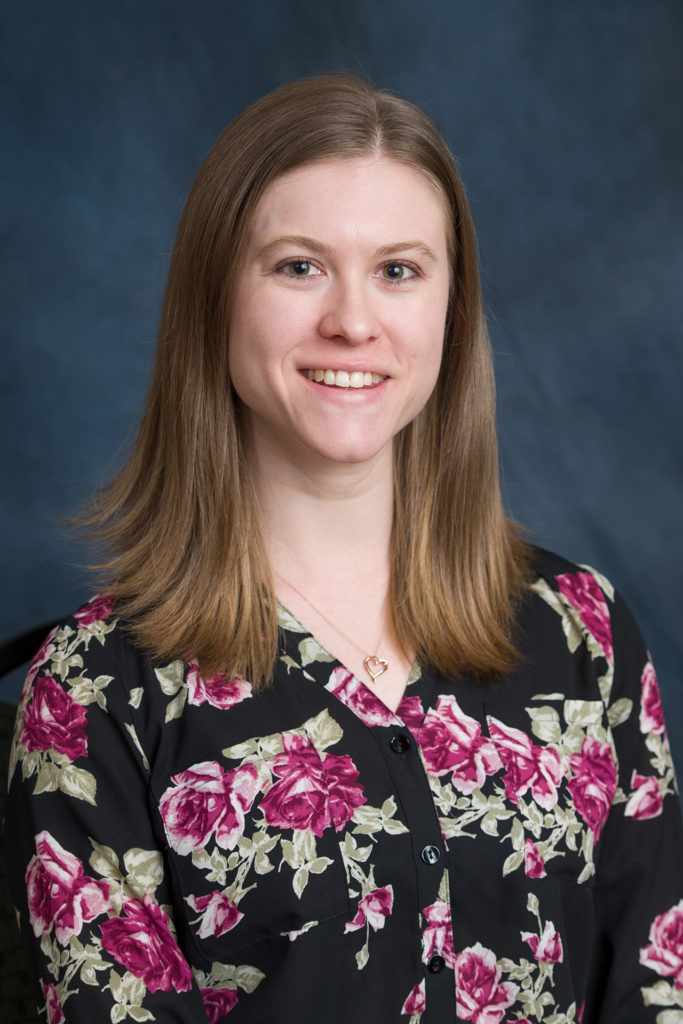
Biology graduate students named Vice President for Research fellows
Graduate Students Alison Post and Paige Ostwald competed in the Vice President for Research’s 3 Minute Challenge, presenting their research in three minutes or less. Post and Ostwald were selected to become the next cohort in the VPR Graduate Fellows Program.
Ostwald studies zebrafish to model how the heart develops in embryos. In her presentation ““Heart Development: The Peanut Butter to our Cardiac Jelly” she presented her findings involving the cardiac jelly, a small yet critical structure within the developing heart.
Post studies how grassland ecosystems respond to changing precipitation patterns as a result of climate change. In her presentation, “When it Rains, it Pours”, she explained the results of her field experiments, revealing implications for ranchland forage production and carbon sequestration.
FACULTY HIGHLIGHTS
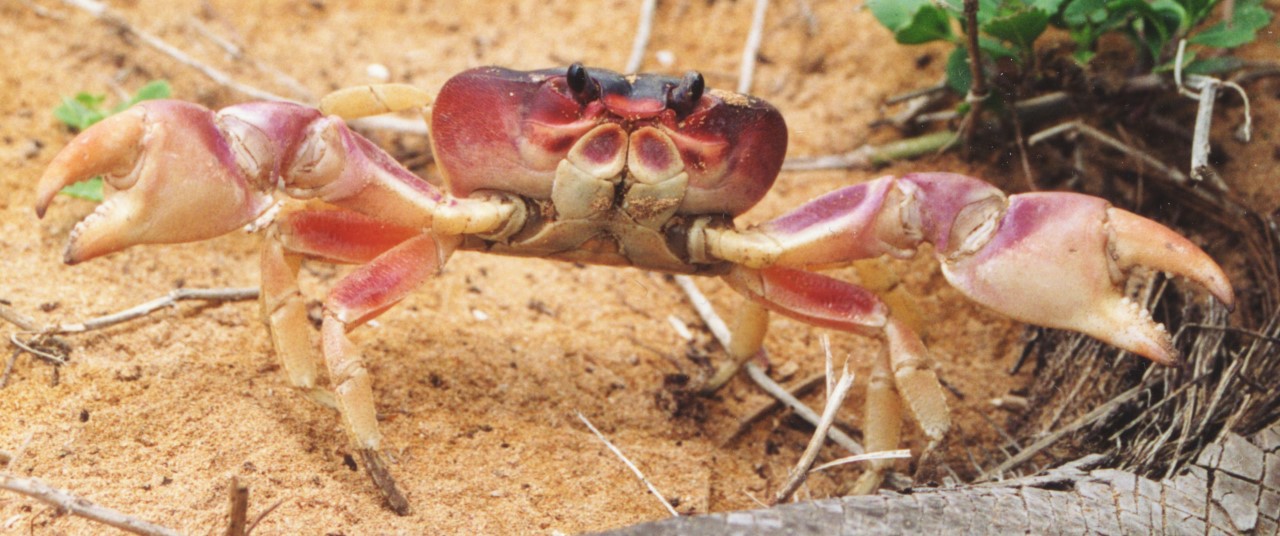
Improving aquaculture and identifying impact of climate change by researching crab molting
Don Mykles will explore how crustaceans make the decision to molt as the leader of a five-investigator team at four universities awarded a $1.2 million National Science Foundation (NSF) grant. The researchers will use DNA and peptide sequencing to identify genes and proteins essential for the activation and repression of the molting process.
Understanding the key regulators of molting will be useful in aquaculture, allowing for the molt cycle to be accelerated to produce rapidly growing strains of shrimp, lobsters, and crabs. These crustaceans can provide an abundant and high-quality source of protein for human consumption.
Crustaceans are important components of many marine environments, existing in a middle trophic layer. Information about their vulnerabilities during the molt cycle will inform fishery practices, as well as anticipate the adverse effects of environmental changes.
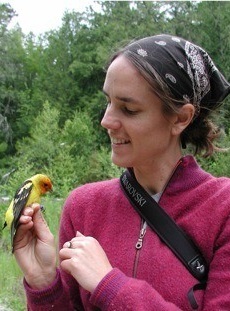
Kristen Ruegg receives DOE grant supports scientists studying bird deaths at solar facilities & NSF grant to study wintering grounds of migratory birds
Kristen Ruegg was awarded a $1.6 million grant funded by the Department of Energy’s (DOE) Solar Energy Technologies Office as well as the National Science Foundation (NSF) Faculty Early Career Development Program (CAREER) award of $1.18 million.
Ruegg’s research for the DOE will quantify instances of migratory birds either colliding with solar panels or getting incinerated in the red-hot light of concentrated solar towers and understand which bird populations suffer the most. The study should improve understanding of how specific species and populations are impacted by solar technology – and what can be done to mitigate those impacts.
Using the NSF grant, Ruegg will incorporate recent advances in tracking technology to test theories about the roles of events on migratory bird wintering grounds in the process of adaptive evolution, the first empirical test of the theory that the individuals from the same breeding site migrating to the same wintering site promotes local adaptation in wintering areas.
FACULTY NEWS
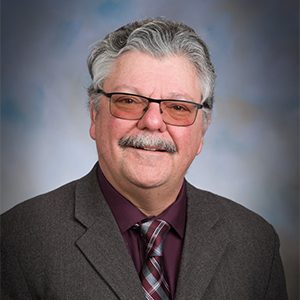
In recognition of his international standing in science, teaching and outreach, N. LeRoy Poff, professor in the Department of Biology, has been named a Colorado State University Distinguished Professor, the University’s highest academic honor.
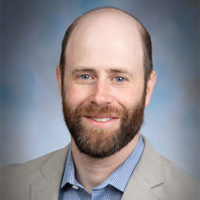
Dan Sloan received a Provost Award for Faculty Excellence, as a Provost Research Scholar, recognizing an especially notable scholarly or creative achievement of an early career professor represented by a high-impact publication; establishment of an exceptional center or research team; or outstanding invention, innovation, or artistic accomplishment.
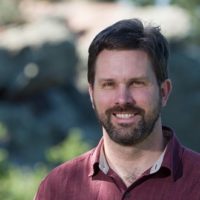
Chris Funk received the Office of International Programs Distinguished Service Award, recognizing outstanding contributions to the internationalization of CSU.
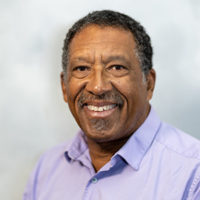
Greg Florant received the Jack E. Cermak Advising Award, recognizing extraordinary efforts of outstanding advisors.
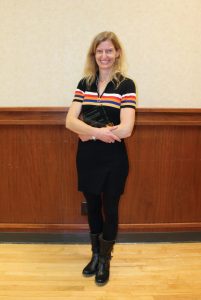
Rachel Mueller received the College of Natural Sciences Faculty Excellence in Graduate Teaching and Mentoring, the highest honor the College bestows for student education.
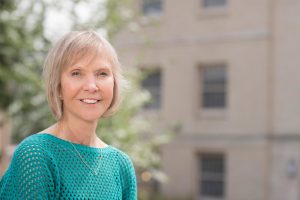
Diana Wall received the British Ecological Society (BES) 2019 President’s Medal, recognizing the exceptional contributions of individuals to advancing ecology and communicating its importance for society.
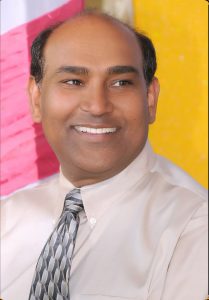
A.S.N. Reddy was elected a fellow of the Telangana Academy of Sciences.
STUDENT FEATURE
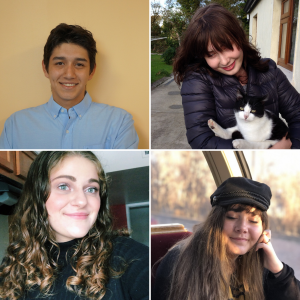
“Let yourself feel the grief and keep going”: Biology & Zoology Student Experiences during the COVID-19 Pandemic
After classes transitioned to remote delivery in mid-March, many Rams found themselves learning & working in new places and in new ways. Four Department of Biology students reflect on how the COVID-19 pandemic has changed their experiences as students and how they’ve overcome the challenges they are facing.
Rising sophomore Silvana Cano Hernandez said of her experience “As soon as they announced the move online, I thought, ‘I’m probably going to fail everything.’ But it is doable. We’re all in this together, so I’m not the only one who is trapped in this. As bad as this whole situation is, we’re going to get through this”.
ALUMNI FEATURE
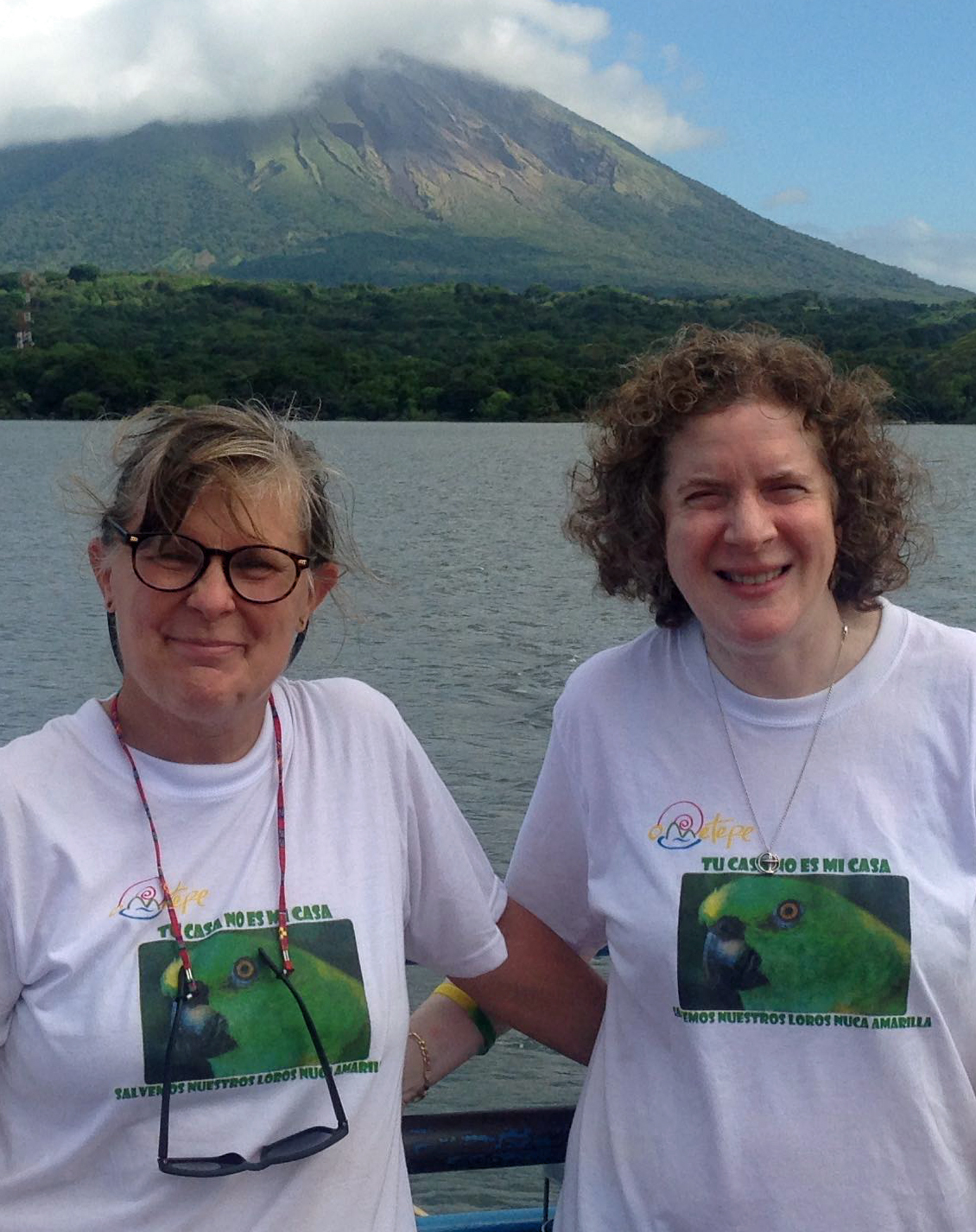
Zoology alumna and conservationist co-founds One Earth Conservation
Wild scarlet macaws nearly disappeared from the forests in and around Mabita, Honduras, in 2014 when every newly hatched chick was poached to be sold for the illegal pet trade. With the help of a Colorado State University alumna, the nonprofit One Earth Conservation began working with the village in 2015 to replace poaching with new employment opportunities, and in 2016, not one chick was poached.
Gail Koelln (Gail Goldstein), who graduated from CSU in 1981 with a master’s degree in zoology, founded One Earth Conservation with Rev. Dr. LoraKim Joyner. Incorporated in 2016, One Earth Conservation meets communities where they are to empower local people to create sustainable economies that conserve and support their indigenous parrot populations.
ARCHIVED NEWSLETTERS
Welcome to the Department of Biology’s Newsletter collection! We hope that this page will become a living record of the achievements, milestones, awards, honors and other news from our outstanding students, faculty and staff. Enjoy!
Send your Biology news, events, and story ideas to CNS-Bio_Info@colostate.edu
